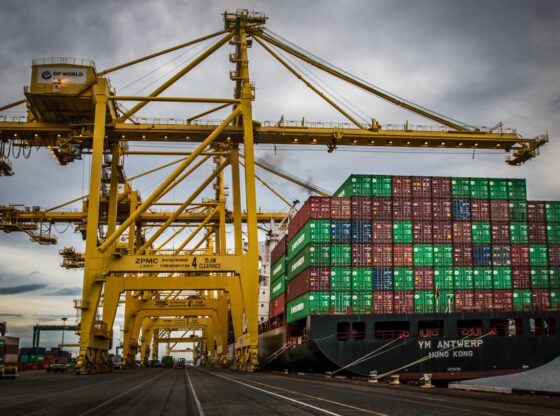Why is there ever war?
For those unaware, the war in Afghanistan started almost 20 years ago, after President George W. Bush signed into law a joint resolution, which authorized the use of all necessary and appropriate force against the nations, organizations, or persons responsible for the Sept. 11 attacks. Back then, the Taliban—an Islamic fundamentalist political and militant entity known for their brutal methods—had taken over Afghanistan, imposed a strict interpretation of Sharia law—ranking as one of the worst human rights records in the world—and provided a haven for Osama bin Laden’s al-Qaeda, which was the turning point towards the American-led invasion. This drove to a fast, however brief, retreat of the Taliban during the early years of the war, but also to Afghanistan’s government collapse in 2021. Today, Afghanistan is the country of origin for the second-largest refugee population, thus, shouldn’t offering humanitarian assistance be America’s number one priority given its long involvement with the Afghan government?
For the past two decades, Afghanistan had been the stage of a never-ending and extremely violent war, causing over 176,000 lives to be lost since the American intervention in October 2001. Nearly 6 million Afghans were forced to leave their homes due to extreme violence, poverty and conflict, and now live in acute vulnerability. They have been demonized, denied of their rights and threatened to be deported when displaced to other countries.
The withdrawal of American troops—arranged in an agreement between the Taliban and the U.S.in February 2020—only aggravated the situation in Afghanistan. After 20 years of failed strategies—that underestimated the amount of time it would take to reconstruct the government and were unsuccessful in settling on what the U.S. hoped to achieve—resulted in a dependent and vulnerable government. Afghanistan’s security forces were doomed to collapse as soon as the American exit began. In a matter of days, the Taliban took over the capital, Kabul, and reinstalled an oppressive and authoritarian regime.
As a result, the Taliban’s latest reconquest of Afghanistan has led to a despairing rise in refugee numbers: over 120,000 people were evacuated with 53,000 of them evacuating to the U.S. This hurried withdrawal process left thousands of Afghan citizens who were allies to the U.S. behind, once only about 9% of eligible allies actually left the country.
The Taliban is known for its harsh punishments: public executions, amputations and torture. Malala Yousafzai, a Pakistani activist, suffered a murder attempt by the Taliban when she was a teenager for speaking out publicly on behalf of women’s right to learn, proving how far they would go to defend their beliefs.
As president Joe Biden calls the evacuation efforts an “extraordinary success“, Afghan-Americans join others throughout the U.S. to protest against Afghanistan’s newly lost independence and advocate for those who could not leave the country and now live in fear of being slaughtered.
The U.S. led an invasion into Afghanistan for the sole purpose of defending all America stands for: freedom. They fought their longest war in the name of freedom, and it is only fair that they keep offering it for all of those caught in the crossfire of another American war. It is the American duty to not only offer humanitarian assistance, but to open the borders and welcome those who seek refuge, something that has declined during recent years in President Trump’s administration, despite the existence of the U.S. Refugee Admissions Program.
If you would like to help the refugees arriving from Afghanistan you can help by: making a donation kit, volunteering at and/or donating to the International Rescue Committee and others.











